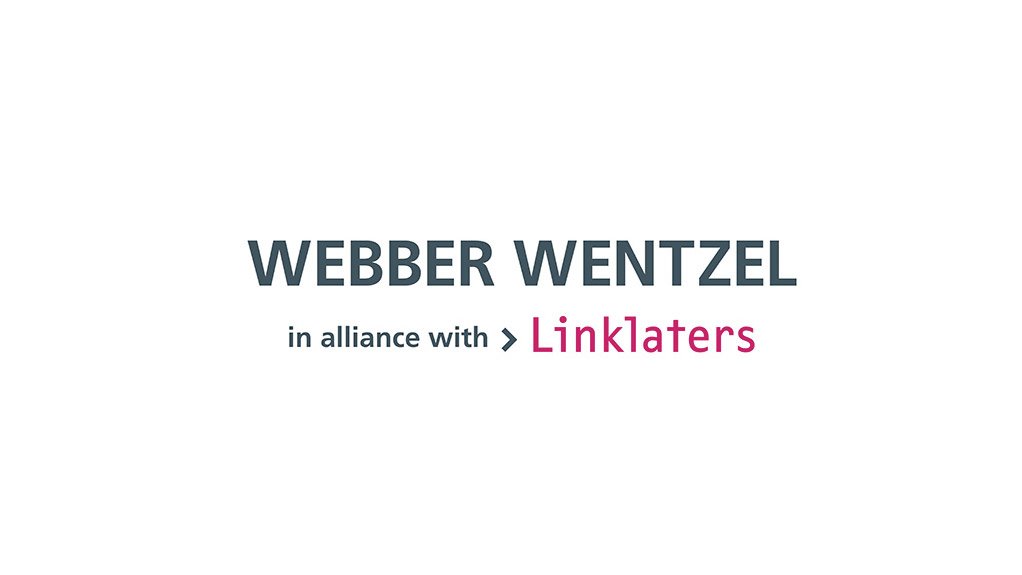There has been much discussion following Minister Mantashe's statements at the 26th Investing in Africa Mining Indaba relating to forthcoming legislative amendments which would allow mining companies to generate their own power without licences from the National Energy Regulator of South Africa (Nersa). Without contributing to the dialogue on what would be required under energy laws to see this to fruition, one wonders whether the Minister has consulted with other relevant departments in ensuring this policy decision is given due effect. but what does this mean from an environmental regulatory perspective?
The Integrated Resource Plan (IRP) 2019 is one the latest addition to the array of legal instruments South Africa has adopted to transition to a low carbon economy and as part of its commitment to adapt to and mitigate against climate change under the international climate change framework. The IRP 2019 makes it clear that South Africa will pursue a diversified energy mix to reduce reliance on a single energy source (coal) in line with the country’s Paris Agreement commitments to reduce greenhouse gas emissions. This has largely promoted the recent revisions to environmental legislative frameworks in an attempt to alleviate the regulatory strain on renewable energy companies.
However, it is debatable whether mining companies seeking to self-generate power under Minister Mantashe's proposed Electricity Regulation Act exemption - in order to "help close the energy gap caused by deteriorating Eskom plant performance"- will constitute the large-scale wind and solar photovoltaic (PV) energy developments contemplated in the most recent environmental law revisions. For example, applications for environmental authorisations for certain large scale wind or solar PV facilities must now follow the basic assessment procedure of the Environmental Impact Assessment Regulations, 2014, and the timeframe for decision-making purposes is a truncated 57 days. This process is, however, only available for projects where the entire proposed facility will be situated in a declared Renewable Energy Development Zone (REDZ), eight of which were gazetted in 2018 and a further three proposed in November 2019. The REDZ were promulgated primarily to aid in future bidding rounds of the Renewable Energy Independent Power Producer Procurement Programme (REIPPPP) and speaks primarily to the areas in which those REIPPPP projects are located.
It seems likely that the typical self-build of a mining company would be considered private power generation and not part of the Renewable Energy Independent Power Producer Programme. Private power generation will likely consider various technologies, and not all of them would necessarily be renewable or clean. Renewable energy projects are less likely to require the host of environmental approvals typically required for a power generation facility, however, when coupled with continuous technology requirements, may trigger these. These projects will therefore continue to bear the existing environmental and atmospheric emission consequences and permitting requirements which are the subject of environmental regulation - with the standard environmental authorisation application process having a lead time of 300 days for generation facilities with an output of greater than 20 MW.
The piecemeal fashion in which overarching policy determinations relating to the urgent deployment of energy and energy solutions in South Africa are being translated into law is problematic, posing significant challenges to industry, increasing the risk of misalignment between the different instruments, and fostering a continuation of legal uncertainty. It is unclear, in this case, whether the Department of Environment, Forestry and Fisheries or the Department of Human Settlements, Water and Sanitation have been consulted on Minister Mantashe's proposal and whether regulations will be published to apply a truncated environmental licensing process to self-generation projects, as one would hope to see.
Written By Gillian Niven and Paula-Ann Novotny, both environmental law specialists at Webber Wentzel
EMAIL THIS ARTICLE SAVE THIS ARTICLE ARTICLE ENQUIRY
To subscribe email subscriptions@creamermedia.co.za or click here
To advertise email advertising@creamermedia.co.za or click here











